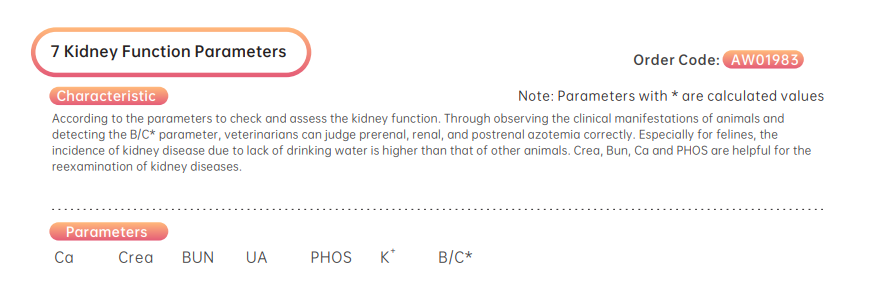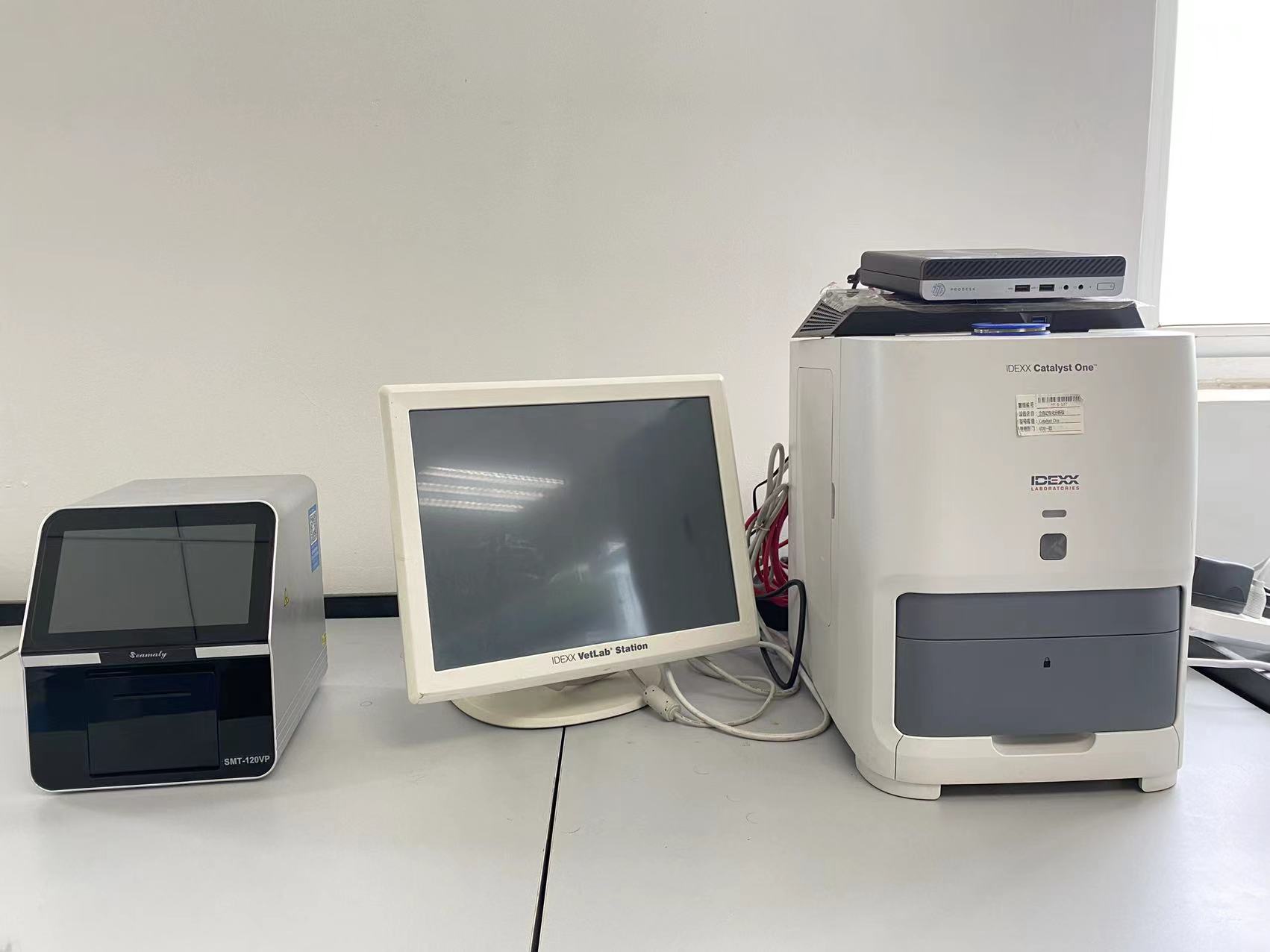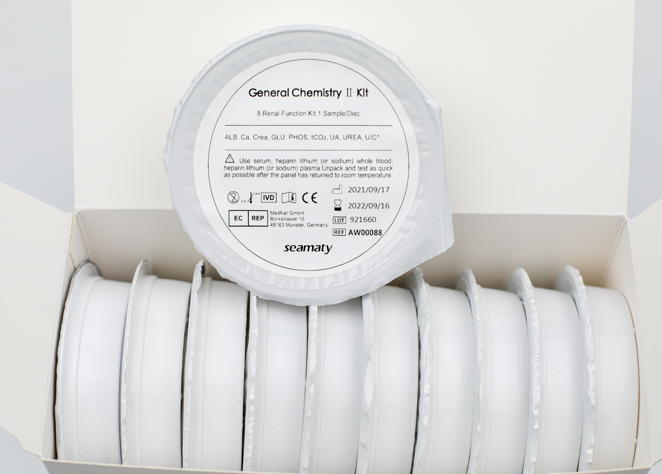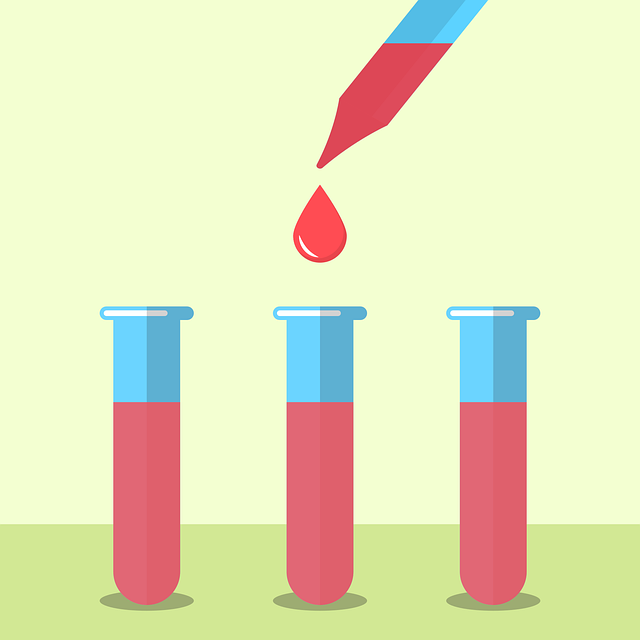Renal failure is currently the most common kidney disease in dogs and cats, and is a common cause of death in dogs and cats. When a pet suffers from kidney failure, common symptoms include malnutrition, fibrinization of the bones, and azotemia, hyperphosphatemia, and other diseases. This can cause a series of organ lesions in the heart, stomach, intestines, etc., and eventually lead to death. Azotemia is one of the most common diseases in cats.
Azotemia is an increase in the concentration of urea and creatinine and other non-protein-derived nitrogenous wastes in the blood due to impaired excretion of nitrogenous wastes by the kidneys, resulting in azotemia in pets.
Seamaty's "7 Kidney Function Parameters"
biochemical test panel can help veterinarians more accurately detect azotemia in pets with prenephrogenic azotemia, nephrogenic azotemia and postnephrogenic azotemia. More importantly, it is a biochemical kit that can help veterinarians determine what type of azotemia a pet has.
The "7 Kidney Function Parameters" test includes Ca, Crea, BUN, UA, PHOS, K+, B/C*. These parameters are used by veterinarians to examine and evaluate the kidney function of their pets.
By observing the clinical presentation of the animal and testing B/C* parameters, the veterinarian can correctly determine pre-renal, renal and post-renal azotemia. Felines, in particular, have a higher incidence of nephropathy due to lack of water intake than other animals. Among these parameters Crea, Bun, Ca and PHOS are also helpful in the review of renal diseases.
To meet the different options of various types of veterinary hospitals, Seamaty has developed different types of biochemical test trays. With the SMT120VP, an exclusive veterinary biochemistry analyzer, a wide range of biochemical tests, blood gases, coagulation and some inflammatory tests can be performed with only 100 μL of whole blood or serum or plasma. Test results are available in just 12 minutes.



